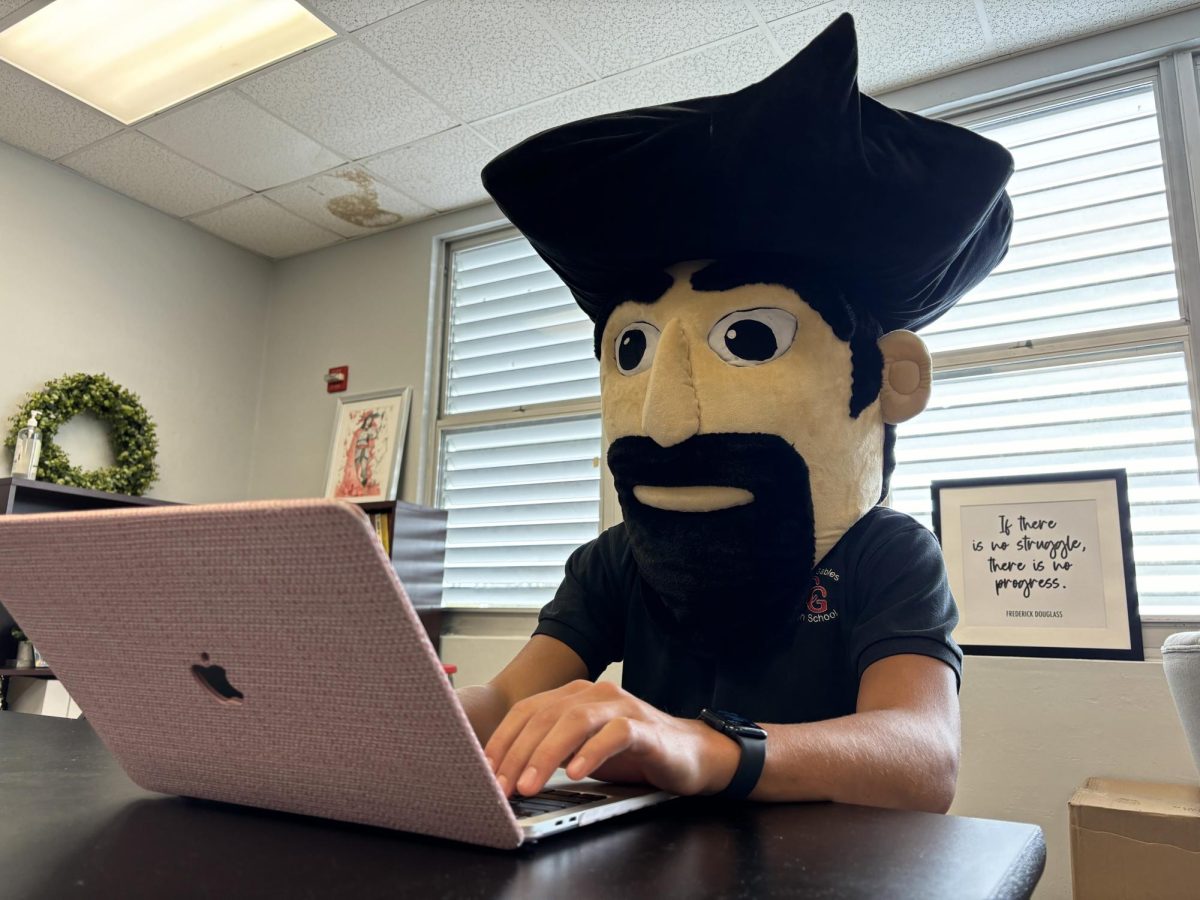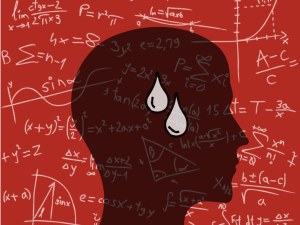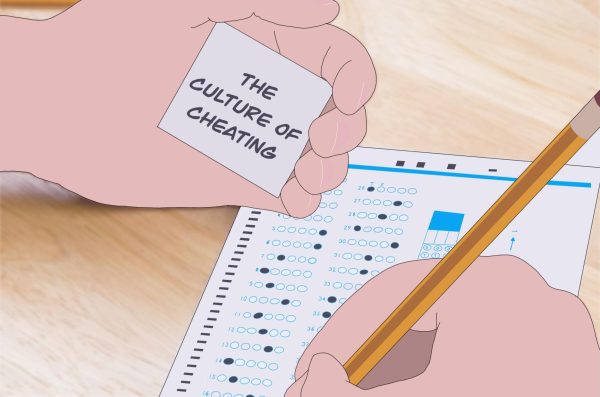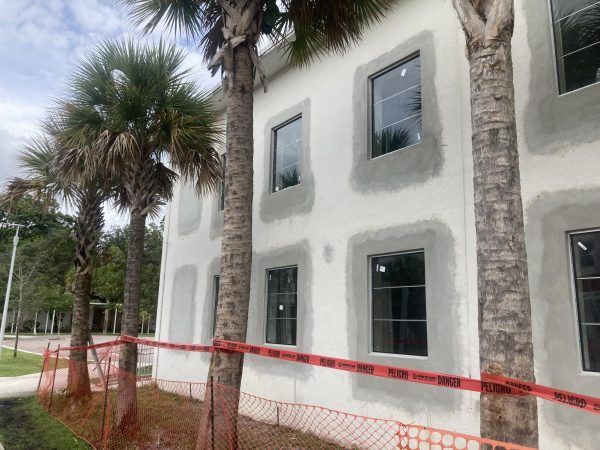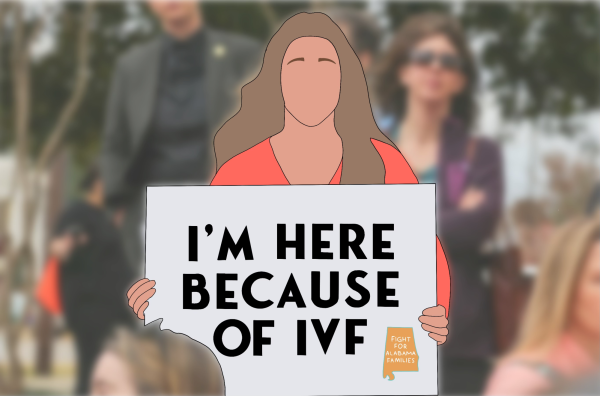Cramming 101: How to Surviving Coursework After the Break

How to come back stronger from a pile of work after break.
Apr 20, 2017
As most students may know, Spring Break is a time for rest and relaxation, and a time to stress for weeks following it. Although it may seem the time for re-acclimating to school after a week off, many find themselves in a jam with EOCs (End-of-Course) and FSAs (Florida State Assessments) right around the corner. To add to that, the tests this year have been moved forward to the two weeks following the break which is half the time allotted last year. This will logically would lead to large amounts of cramming and studying in the short time from the break to test or discourage students to even attempt to study. However, just because the tests are around the corner doesn’t mean to either go all or nothing because there are multiple factors that affect mental performance.
Both studying and sleeping take up valuable time, but in most cases, less is more, where less studying means more sleep which can drastically improve performance. And that is where the problem lies. Researchers at UCLA say that “studying, of course, is a key contributor to academic achievement, but what students may fail to appreciate is that adequate sleep is also important for academics.” One might rather set aside time for studying that won’t interfere with sleep times, as well as doing things like creating flashcards or similarly storing information on an easily accessible platform like a computer or phone.
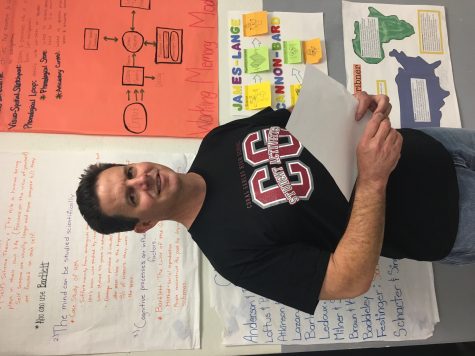
Cramming for a test takes on a number of different aspects. If you are losing sleep to cram for a test it is never a good idea. You do need to balance sleep with studying, but you should always prioritize sleep over studying, especially the night before the test. You will never get a benefit from losing sleep.
— Mr. Scott Nelson
While some may say that sleep is less important than studying, due to the fact that being well rested is a moot point when you don’t know the content, that is in fact not true. Not only will pulling an all-nighter severely impair your judgment and thinking, it will also ruin your memory, rendering the hours you spent studying worthless. To add to that, sleep deprivation over long periods of time has proven to increase the risk of diabetes, heart disease, and immune system collapse.
“I believe that it is ineffective losing sleep as a result of studying since a lack of sleep creates mental fogginess that reduces efficiency and consequently reverses the effects of the studying that you did,” junior Yvanna Cajina said.
To conclude, there is a fine line between simply studying and causing self-harm. In the face of daunting final exams, one is better off studying in small chunks or at times that don’t interfere with sleep than allowing oneself to become deprived of sleep, inviting many terrible symptoms.


